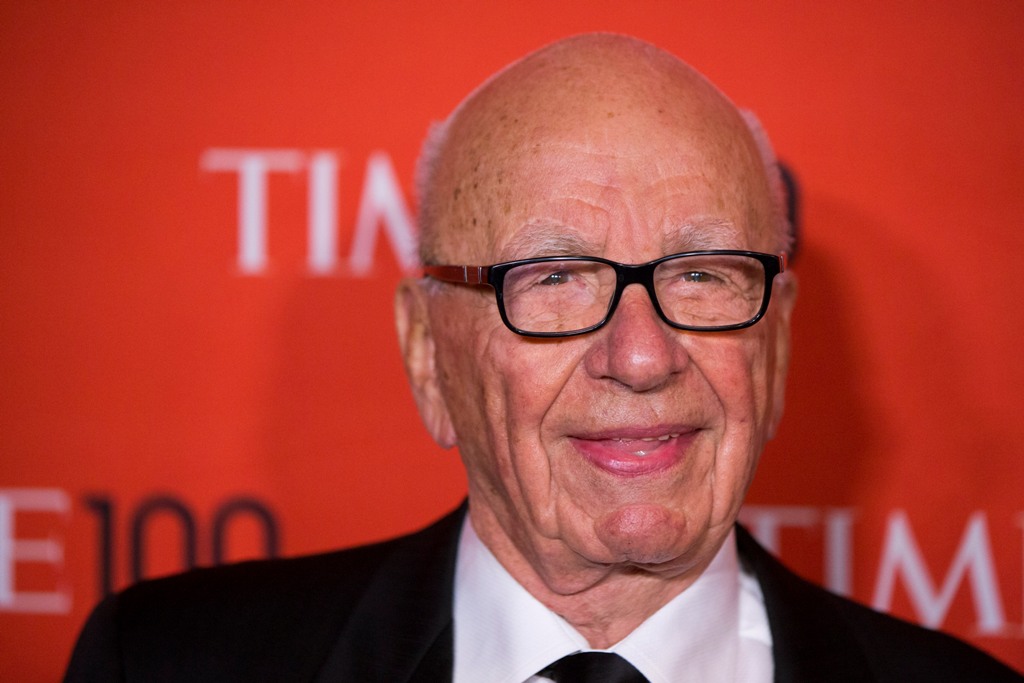http://www.ft.com/cms/s/0/be412f12-7a1d-11e4-8958-00144feabdc0.html#axzz3KoONdJcS
Times newspaper turns first operating profit since 2001
Rupert Murdoch’s Times newspaper titles have reported their first operating profit in 13 years, bringing an end to a stretch of losses that totalled nearly £400m.
Times Newspapers, publisher of The Times and the Sunday Times, made an operating profit of £1.7m in the year ending June 2014. That compares with an operating loss of £5.9m last year.
Chris Duncan, chief marketing officer of parent company News UK, said the figures vindicated its strategy of charging for online content. But he added that the financial performance was still insufficient for the newspapers’ journalism to be sustainable.
Newspapers across Europe are struggling to maintain profitability, as they compete for readers’ time and advertisers’ budgets online. Among UK broadsheets, the Times, the Guardian and the Independent titles have all reported operating losses in recent years, while the Daily Telegraph has consistently made an operating profit.
- The Times’ total paid sales rose 3 per cent year-on-year to 545,000 in October, including digital subscriptions which increased 8 per cent to 152,000.
- The Sunday Times, which is more reliant on news-stand sales than the Times, saw a 2 per cent fall in sales over the same period. Total paid sales were 958,000 in October, with digital subscribers increasing 12 per cent to 154,000.
- The Times and The Sunday Times have both prioritised their own tablet apps, rather than relying on readers finding articles via search engines or social media.
In my opinion I think the profits made by the Times from subscriptions and by utilising new media by focusing on their tablet apps highlights the direction that newspapers and journalism is going in and that this is one of the first signs of many changes to come within the news industry.
I think that these profits made by the times, even if they are not substantial, still prove that major newspaper institutions can survive under the pay wall, subscription format despite the free content offered by the BBC with the Times likely to have these profits increase annually. Therefore I think that other institutions that are constantly making losses are eventually going to take a similar approach to survive, and the fact that the Times is benefiting from this switch to the pay wall will encourage others who will have been apprehensive.
Although, aside from the Times and other major news institutions, I do think that the switch to pay walls will eventually lead to the end of many local newspapers, as they too will be unable to run without one eventually and people are unlikely to pay a subscription fee for a local newspapers, only the major institutions will benefit from it.



